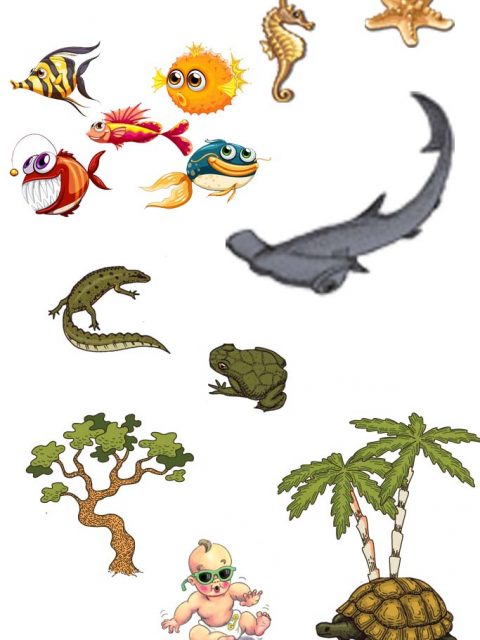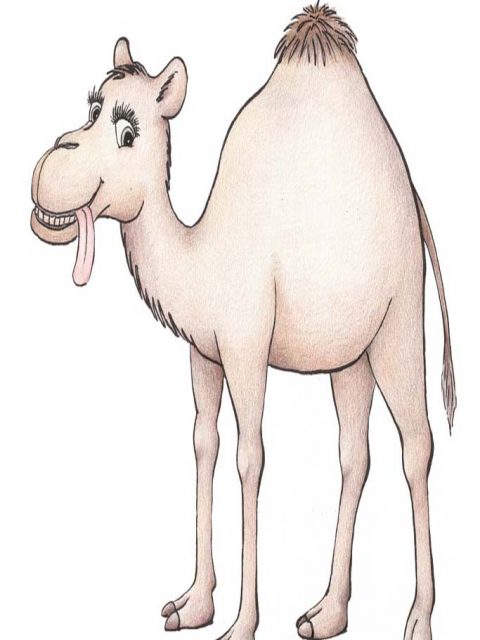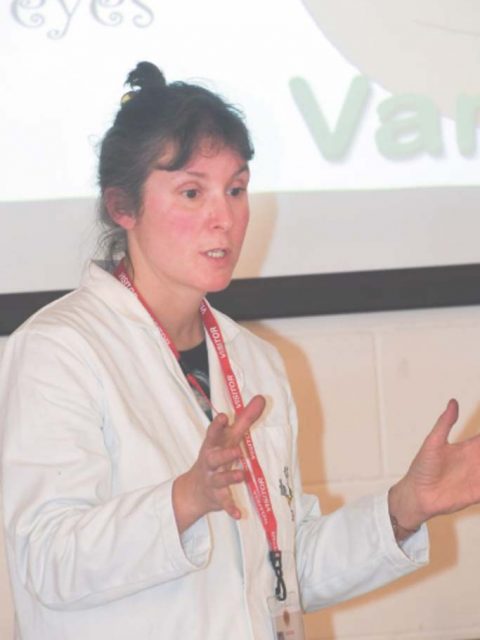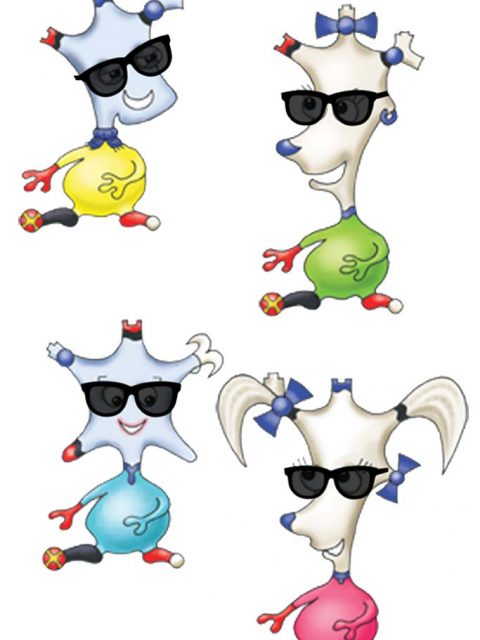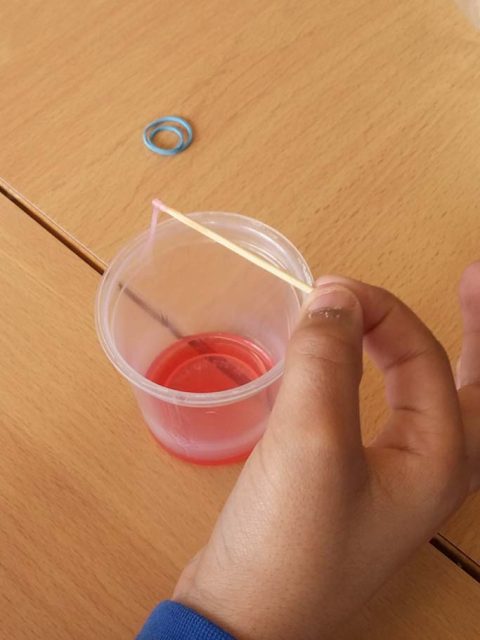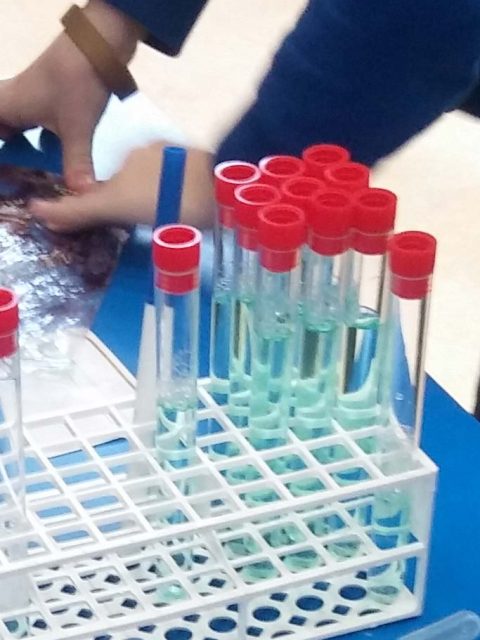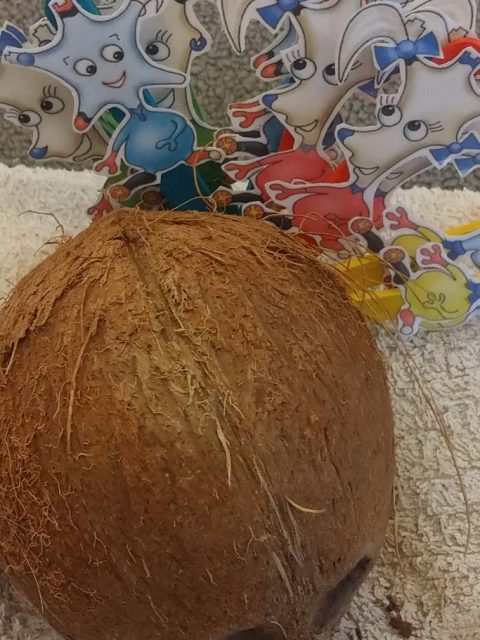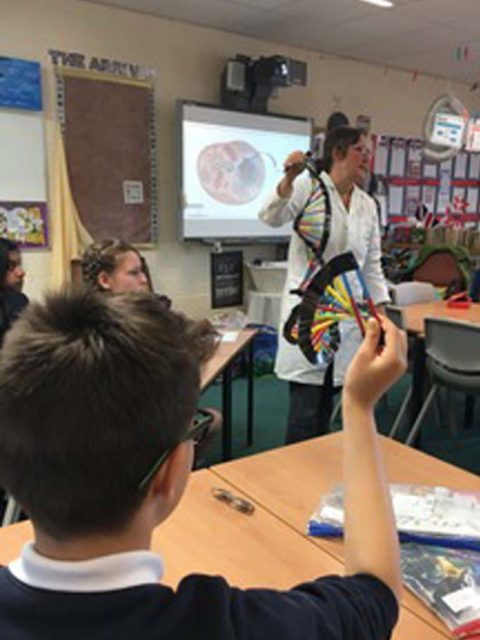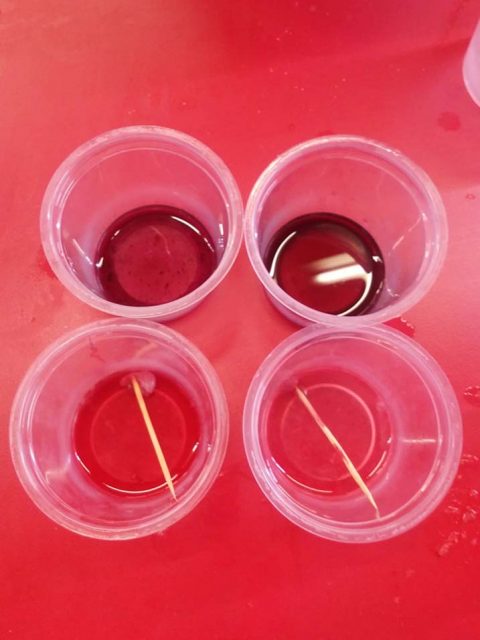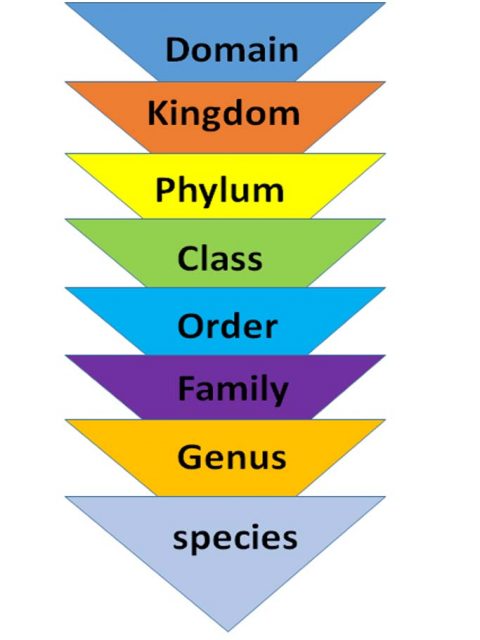National Curriculum Links
“Recognise that living things produce offspring of the same kind, but normally offspring vary and are not identical to their parents.”
“Identify how animals and plants are adapted to suit their environment in different ways and that adaptation may lead to evolution.”
"Give reasons for classifying plants and animals based on specific characteristics"
Evolution Introduction
An introduction to evolution – all the way from the beginnings of the universe to the variation we see in our classmates.
Answering questions such as “What do we have in common with germs” and “Why did it take humans so long to arrive on earth,” this workshop looks at evolution as the result of inheritance, variation and adaptation.
This workshop is available online or in person. Includes natural selection game. Suitable for years 5, 6 and 7. (Grades 4, 5 & 6)
Eye Colour
We live in a world where eyes come a range of colours from piercing blue to deepest brown. But it wasn’t always so. This workshop charts our journey out of Africa and into modern day Europe, looking at the changes wrought in our appearance along the way.
Available online or in person
Suitable for years 5, 6 and 7. (Grades 4, 5 & 6)
Remote Workshops
All remote workshops can include a DNA extraction experiment. Please indicate your interest when booking (GB only).
Suitable for years 5, 6 and 7. (Grades 4, 5 & 6)
Plant Variation
The humble pea plant and the brains of Gregor Mendel were the foundation of our understanding of genetic variation.
This workshop looks at the variety of plant life and how reproduction and adaptation have aided this process.
Highly interactive. Includes DNA extraction. Suitable for years 5, 6 and 7.
Classification
With over 8 million species of plant, animal and bacteria, science needs a method for classifying them all into groups. Their solution is called binomial nomenclature. But how, why and who cares anyway?
This interactive workshop looks at exactly how the naming system works, why scientists use it and its significance for future discovery.
Suitable for years 5, 6 and 7.
Testimonials
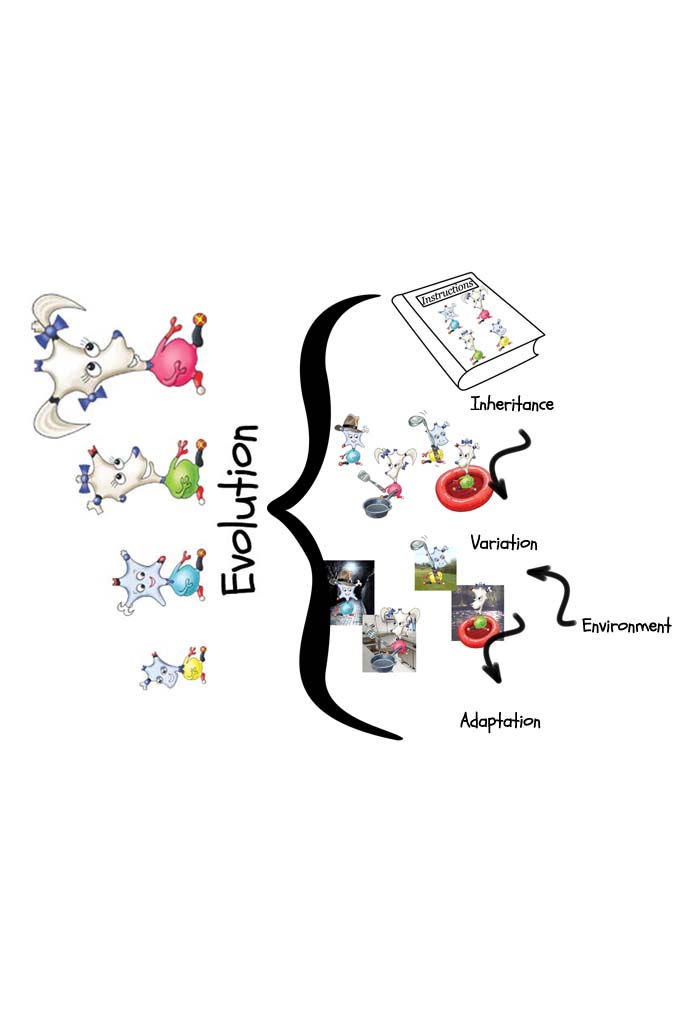
The children loved it and really enjoyed the natural selection game.
Mrs Wilkie, Year 6 Teacher, (online session)

It’s great to have the subject taught with so much enthusiasm. Both children and staff have enjoyed it and learnt so much.
Mrs McDonald, Year 6 Teacher, Swindon

The kids loved it and were engaged.
Miss Kaur, Year 6 Teacher, Birmingham

This was fantastic – we have all learnt lots and thoroughly enjoyed it, thank you.
Mrs Card, Year 6 Teacher, Royal Wootton Bassett

The children were engaged and asked questions directly linked to the teaching. They also asked questions which showed they had applied what they had learnt to prior understanding. It was really evident that Lisa has an enthusiasm and love of the subject. Thanks for inspiring the children!
Miss Tilling, Year 6 Teacher, Swindon

She loves it. She’s coming home and telling us all about it, too
Year 6 Mum, Swindon

I’ve never seen real DNA before but now I want to extract more and look at it under a microscope to compare it to other DNA. I want to find the bit that instructs it to grow juicy and sweet!
Olivia, Year 6 Pupil, Swindon

My favourite part was when we got to squash a strawberry and extract the DNA. I felt like a proper scientist!
Steven, Year 6 Pupil, Birmingham
Dinky Digest Sign Up
Join us to kickstart the future!
Thank you!
The Dinky Digest is almost yours. Keep your eyes peeled for a confirmation email. If nothing appears in your inbox, check that your spam folder hasn't run off with it.
Subscribe to the Dinky Digest
For a greater insight into what your DNA can do for you, join the Dinky Amigos to enjoy regular news, views and more.
Dinky Digest Sign Up
Join us to kickstart the future!
Thank you!
The Dinky Digest is almost yours. Keep your eyes peeled for a confirmation email. If nothing appears in your inbox, check that your spam folder hasn't run off with it.

